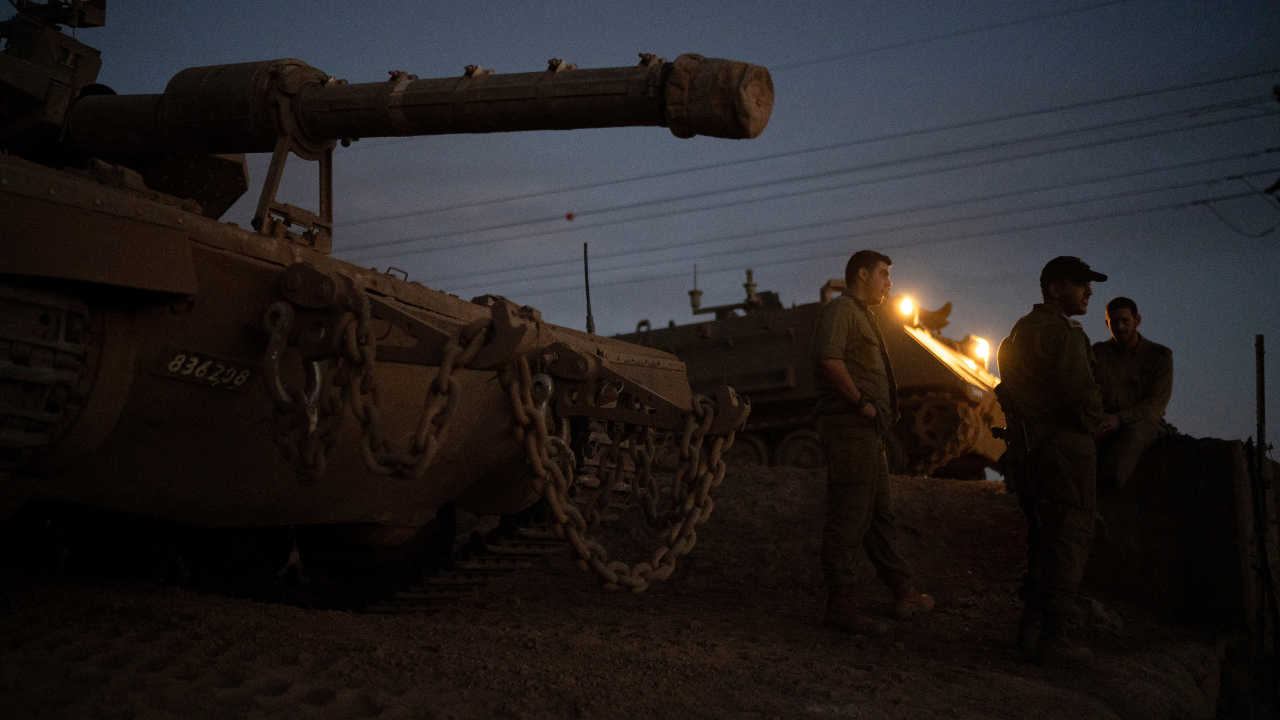Table of Contents

Israel launched a series of airstrikes on Thursday across southern Lebanon, marking some of the most intense bombing since the conflict began in October, according to Lebanese security sources.
Tensions in the already unstable area increased as a result of the strikes, which were directed at Hezbollah strongholds and infrastructure.
Along with other vital infrastructure, the Israel Defense Forces (IDF) reported that it had destroyed some thirty Hezbollah missile launchers. According to an official statement from the IDF, the attacks were carried out based on military information and were intended to target some 150 launcher barrels that were ready to fire missiles into Israeli land.
Hezbollah’s Role and Hamas Response
The conflict's involvement by Hezbollah has profoundly altered the dynamics in the region. Hamas conveyed its profound gratitude to Hezbollah for its ongoing assistance on Thursday. This followed a declaration by Hassan Nasrallah, the head of Hezbollah, pledging to keep battling Israel until a cease-fire is reached in Gaza.
In response, Hamas praised Hezbollah's stance and claimed that it thwarted efforts to reduce international support for Gaza and its struggle. Agence France-Presse claims that throughout the current conflict, Hamas has relied heavily on this front of support.
Impact on Civilians: Health Crisis in Gaza
The Gaza humanitarian catastrophe is still getting worse in the interim. The United Nations is stepping up its efforts to give children who have been forcefully relocated owing to the violence access to vital health treatments through its organizations.
Unicef's deputy executive director, Ted Chaiban, declared on Thursday that the agency was getting ready to provide afflicted children a second round of polio vaccines along with micronutrients. Chaiban claims that because of the ongoing war, more than 44,000 infants born in the last year have not gotten their fundamental vaccines.
Talks are also in progress about include other vaccinations, such the measles vaccine, in the next campaign.
Spread of Preventable Diseases
Due to Israel's limitations on humanitarian aid entering Gaza, there is a severe lack of essential medical supplies, potable water, and hygiene goods. Preventable illnesses have become more prevalent as a result of this. For example, polio has returned to the area. The World Health Organization verified last month that polio had partially crippled a newborn, the first occurrence in Gaza in twenty-five years.
The health crisis has been made worse by the lack of access to proper cleanliness and medical treatment; illnesses that could have been stopped with simple sanitation practices are now spreading throughout the Strip.
Ongoing Conflict and International Reactions
The increasing complexity of the situation in the region is highlighted by the Israeli airstrikes and Hezbollah's ongoing engagement in the battle. International organizations like the United Nations continue to concentrate on providing vital assistance and attending to the humanitarian needs of people caught in the crossfire as tensions rise.
The military operations and strikes occur as considerable barriers to diplomatic efforts to achieve a truce remain. There is no indication that either side will give up, which will further worsen the conflict's effects on the general Middle Eastern environment as well as civilian populations.

